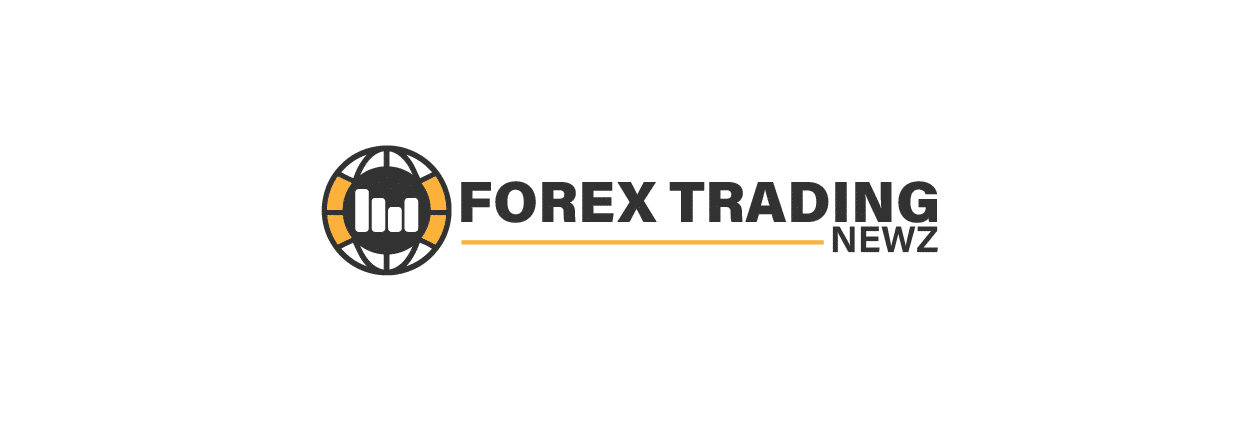Robinhood burst onto the trading scene in 2019, announcing “Our mission is to democratize finance for all.” The company’s platform allows its users to trade shares of various kinds in a simplified and gamified format that has caused several other giant names in online trading to step up their game. For example, Vanguard now offers its clients commission-free trading, as does Fidelity with its “youth accounts.”
Robinhood’s increased popularity in 2020 had a lot to do with the fact that many Americans were reduced, by pandemic restrictions, to sitting at home during various lockdown periods. With time and some money on their hands, as well as the socially driven interest toward online trading, many turned to the user-friendly app in their spare hours.
Indeed, Robinhood reported receiving many deposits in multiples of stimulus check sums. But another reason Robinhood stood out had to do with how it handled a sudden surge in trading of Gamestop shares. Let’s take a closer look at what occurred between Robinhood and Gamestop in 2020.
January’s saga
From the 11th of January, when dwindling electronics retailer Gamestop hired new board members who could potentially enhance their digital sales, the Reddit-based WallStreetBets trading group began actively promoting the company’s stock.
The result was that the stock value rocketed by 1000% in only a few weeks. In the midst of the frantic buying occurring on the Robinhood app, traders were informed that they would no longer be allowed to buy Gamestock shares.
Following this, Robinhood was sued in 50 private lawsuits, one of them on the grounds that their actions intended “To manipulate the market for the benefit of people and financial institutions who were not Robinhood customers.” Needless to say, a bad taste was left in the mouths of many Robinhood users due to being constrained from the trading opportunity.
The IPO and its Aftermath
Robinhood’s initial public offering happened on July 29th, but beforehand the company reported some of the regulatory risks it was facing. In particular, the government’s investigations of the company might result in restrictions to its business, tightened compliance controls and brand damage. In fact, Robinhood has paid over $136 million due to regulators’ criticisms relating to misleading users and system outages.
It’s almost difficult to keep count of the regulatory attention the company has received. The New York Department of Financial Services checked out Robinhood’s anti-money laundering and cybersecurity measures, after which they paid out about $15 million.
The American Securities and Exchange Commission (SEC) were suspicious of their gamified platform, which they believed overstimulates active trading behavior. Robinhood warned in its IPO that this might mean “significant changes to our business model.”
In August, $100 million in Robinhood shares were bought in a single week, but, when they announced that their early investors may sell almost $98 million in shares, their share price plunged by 27.6% to $50.97, though the previous day it had shot up by about 50%.
Trades made on Robinhood are free, but the company makes money through receiving payment for directing orders to dealers. Also in August, SEC chief Gary Gensler stated that this kind of payment might be banned, after which Robinhood share prices tumbled by 8%.
At the end of August, the share price was at $46.86, 23% higher than the price at IPO. But Robinhood stock is sometimes called “meme stock” because of its sensitivity to speculative trading. Near the end of October, the share price suddenly sunk by 10%, partially due to a lower crypto trading volume.
The Path Ahead
Robinhood’s plans for Q1 2022 include the introduction of a crypto wallet, which will allow its users to easily move cryptocurrency in or out of their accounts. According to reports, there are at least 1.6 million people on the waiting-list for this feature.
As to the company’s long-term durability, this will grow clearer in the months ahead. It is possible the company will ride out the storms of controversy that have surrounded it, which might prove to be part of its “growing pains.” On the other hand, it is also possible that other companies will learn from its regulatory troubles and launch a more efficient and regulation-friendly platform which could dominate the market space.









